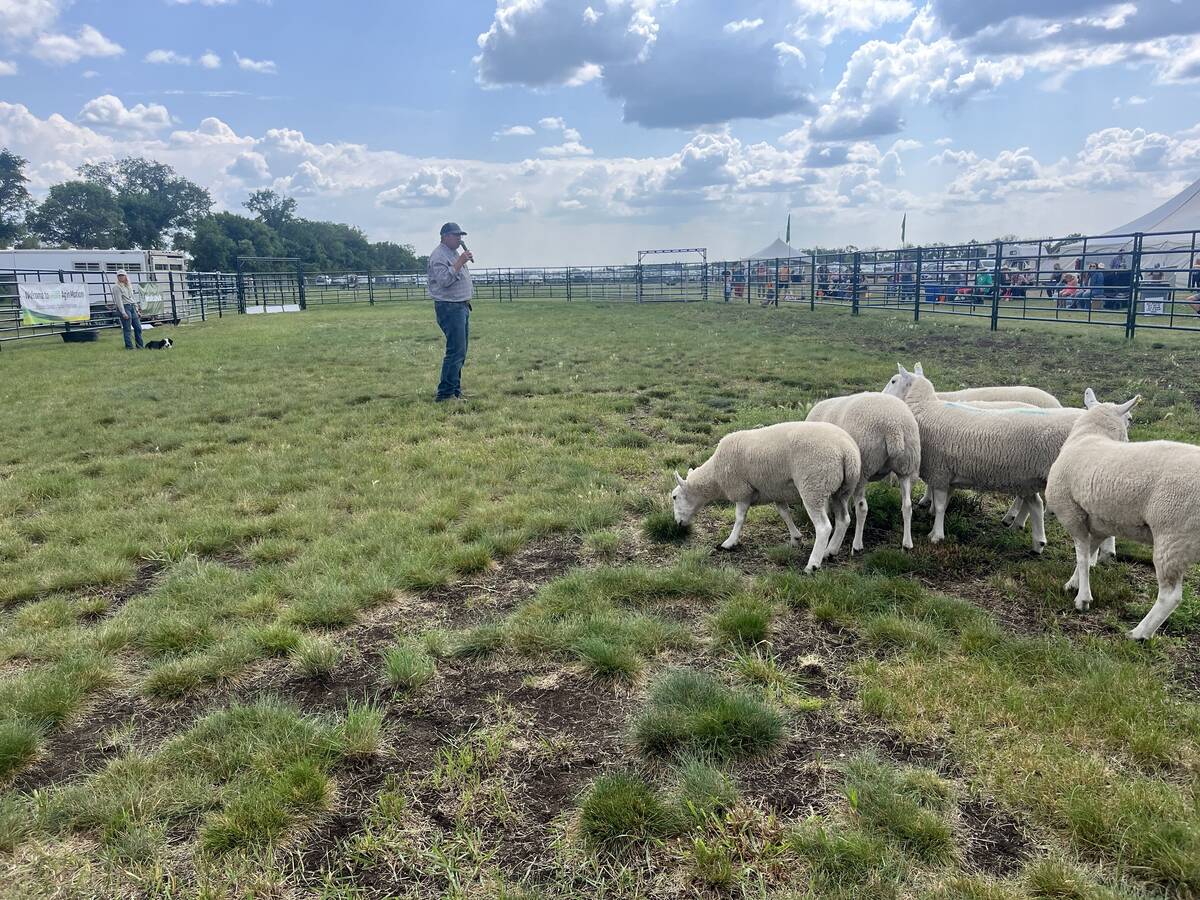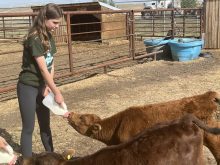Q: I have a small farming operation and I live on the land in Saskatchewan. My wife and I have separated and I would like to have a separation agreement so that we can deal with all the property issues. I have little money to pay for legal fees. I went to legal aid and was told my income was too high. My farm has not made money and I live on a little more than $1,000 a month. What are the eligibility requirements in Saskatchewan for legal aid? Can we simply leave things as they are without a separation agreement?
Read Also

Stock dogs show off herding skills at Ag in Motion
Stock dogs draw a crowd at Ag in Motion. Border collies and other herding breeds are well known for the work they do on the farm.
A: In most provinces legal aid is not available to people owning property other than their home. Legal aid regulations in Saskatchewan provide that such services are available to individuals receiving social assistance or on an equivalentincome, but is not available to individuals who have liquid assets of more than $1,500 or who have assets that can be sold or mortgaged to pay for legal fees.
There is also an appeal process if one believes he has been unfairly denied legal aid. In the first instance, complaints should be made to the aid system’s chief executive officer, then to the appeal committee.
I think you should indeed resolve and settle property issues with your separated spouse. While there is no legal requirement to do so, leaving the matter in abeyance is likely to complicate matters in the future. Let us say that you and your wife do nothing for 10 years. At that point it may be difficultto establish the value of property brought into the marriage.
If you win a lottery, is your wife entitled to a share of the winnings? Even if you don’t want to do anything, your wife may well take steps to have property matters resolved and she would be entitled to start an action under the Matrimonial Property Act to have property divided.
As a first step, find out what the cost of legal fees might be. Saskatchewan’s lawyer referral service will give you the names of two lawyers in your area who will provide you with a half-hour consultation for no more than $25. As well, some lawyers offer a free initial consultation. This could give you an opportunity to get some advice and decide on your next step.
Property entitlement
Q: After 30 years of marriage, my wife and I separated. When we married, I had farmland and a line of equipment. Much of the equipment was replaced. However, I did have some of the original equipment, which was sold at an auction, which we held after the separation. What am I entitled to for the equipment?
A: Alberta’s Matrimonial Property Act, like that of legislation in most provinces, exempts from division the fair market value of property owned by a spouse at the time of marriage.
In H vs. H, an Alberta court of appeal case involving farm machinery, the court disallowed the exemption. In that case, most of the original equipment had been replaced. While the court recognized that in certain instances the replacement equipment will be exempted, the onus is on the person claiming the exemption to show that the proceeds from the sale of the original equipment were used to buy the replacement.
In this case, Mr. H failed to show that the replacement equipment had been purchased with the proceeds from the original.
Further, to collect the full value of the machinery you brought that has depreciated may mean cutting into the value of other assets that your wife is entitled to a half share.
This is a complex issue and you should discuss it in more detail with your lawyer.
Don Purich is a former practising lawyer who is now involved in publishing, teaching and writing about legal issues. His columns are intended as general advice only. Individuals are encouraged to seek other opinions and/or personal counsel when dealing with legal matters.
















